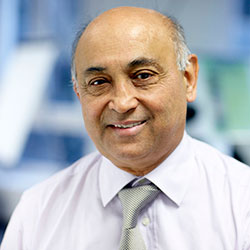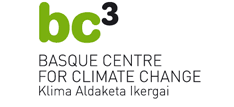“Paris Climate Agreement”, by Prof. Anil Markandya

The Climate Agreement just reached in Paris is a remarkable achievement. 195 countries, representing almost more than 95 percent of the world’s emissions have acknowledged the need to keep global temperatures “well below” 2.0C and “endeavour to limit” then even more, to 1.5C by the end of this century. They also agree to aim for zero net emissions of greenhouse gases (i.e. to limit the amount emitted by human activity to the same levels that trees, soil and oceans can absorb naturally) beginning at some point between 2050 and 2100. Furthermore they agreed that total emissions of such gases, which have been increasing for many decades, should peak as soon as possible.
These goals are very ambitious and the levels of commitments countries have made in Paris to reducing greenhouse gases is not enough to meet the goals. If these commitments are fully realised we can expect a temperature increase of around 2.7⁰C. Hence it is important that the delegates agreed to review the Paris goals again in 2018 and then every 5 years and to aim for a higher level of reductions in greenhouse gases in the future. This is the third key part of the agreement.
The last part of the agreement was on support for developing countries. From 2020 onwards US$ 100 billion will be made available to them to help to adapt to climate change impacts and to achieve their reductions in greenhouse gases.
This is a global deal and a tremendous step forward in tackling climate change. But it is only a start. Countries have to deliver on the reductions they promise – and more! Almost all aspects of our economy and way of life will have to change. Since the commitments are only voluntary, there is a risk that if problems arise in meeting then governments will fail to deliver.
Notwithstanding these problems the agreement is a license for nations, states, cities, firms, and individuals to step up to the challenge. Collectively, we need to seize this moment to start building the energy system of the 21st century, advancing inclusive thoughtful adaptation, and integrating climate solutions with sustainable development. We at BC3 aim to continue to assist in this process as we have been doing in our small way for the past seven years.
Prof. Anil Markandya
Scientific Director of BC3, Basque Centre for Climate Change

